
Complete works (1880) : https://archive.org/details/oeuvresco... In 1694, Age of Enlightenment leader Francois-Marie Arouet, known as Voltaire, was born in Paris. Jesuit-educated, he began writing clever verses by the age of 12. He launched a lifelong, successful playwriting career in 1718, interrupted by imprisonment in the Bastille. Upon a second imprisonment, in which Francois adopted the pen name Voltaire, he was released after agreeing to move to London. There he wrote Lettres philosophiques (1733), which galvanized French reform. The book also satirized the religious teachings of Rene Descartes and Blaise Pascal, including Pascal's famed "wager" on God. Voltaire wrote: "The interest I have in believing a thing is not a proof of the existence of that thing." Voltaire's French publisher was sent to the Bastille and Voltaire had to escape from Paris again, as judges sentenced the book to be "torn and burned in the Palace." Voltaire spent a calm 16 years with his deistic mistress, Madame du Chatelet, in Lorraine. He met the 27 year old married mother when he was 39. In his memoirs, he wrote: "I found, in 1733, a young woman who thought as I did, and decided to spend several years in the country, cultivating her mind." He dedicated Traite de metaphysique to her. In it the Deist candidly rejected immortality and questioned belief in God. It was not published until the 1780s. Voltaire continued writing amusing but meaty philosophical plays and histories. After the earthquake that leveled Lisbon in 1755, in which 15,000 people perished and another 15,000 were wounded, Voltaire wrote Poème sur le désastre de Lisbonne (Poem on the Lisbon Disaster): "But how conceive a God supremely good/ Who heaps his favours on the sons he loves,/ Yet scatters evil with as large a hand?" Voltaire purchased a chateau in Geneva, where, among other works, he wrote Candide (1759). To avoid Calvinist persecution, Voltaire moved across the border to Ferney, where the wealthy writer lived for 18 years until his death. Voltaire began to openly challenge Christianity, calling it "the infamous thing." He wrote Frederick the Great: "Christianity is the most ridiculous, the most absurd, and bloody religion that has ever infected the world." Voltaire ended every letter to friends with "Ecrasez l'infame" (crush the infamy—the Christian religion). His pamphlet, The Sermon on the Fifty (1762) went after transubstantiation, miracles, biblical contradictions, the Jewish religion, and the Christian God. Voltaire wrote that a true god "surely cannot have been born of a girl, nor died on the gibbet, nor be eaten in a piece of dough," or inspired "books, filled with contradictions, madness, and horror." He also published excerpts of Testament of the Abbe Meslier, by an atheist priest, in Holland, which advanced the Enlightenment. Voltaire's Philosophical Dictionary was published in 1764 without his name. Although the first edition immediately sold out, Geneva officials, followed by Dutch and Parisian, had the books burned. It was published in 1769 as two large volumes. Voltaire campaigned fiercely against civil atrocities in the name of religion, writing pamphlets and commentaries about the barbaric execution of a Huguenot trader, who was first broken at the wheel, then burned at the stake, in 1762. Voltaire's campaign for justice and restitution ended with a posthumous retrial in 1765, during which 40 Parisian judges declared the defendant innocent. Voltaire urgently tried to save the life of Chevalier de la Barre, a 19 year old sentenced to death for blasphemy for failing to remove his hat during a religious procession. In 1766, Chevalier was beheaded after being tortured, then his body was burned, along with a copy of Voltaire's Philosophical Dictionary. Voltaire's statue at the Pantheon was melted down during Nazi occupation. D. 1778. Voltaire (1694-1778), pseudónimo de François-
Series
Books
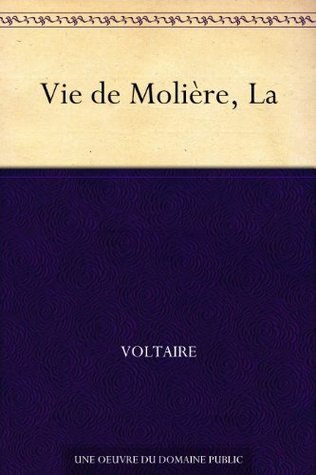
VIE DE MOLIÈRE
2010

Tak toczy się światek...
1746

Treatise on Tolerance and Other Writings
1789

L'Ingénu
suivi de L'Homme aux quarante écus
1997

Pensées végétariennes
2014

The History of Charles XII King of Sweden
1731

The Complete Harvard Classics 2021 Edition - ALL 71 Volumes
The Five Foot Shelf & The Shelf of Fiction
1722

A Treatise on Metaphysics
1734

The Works Of Voltaire
The Maid Of Orleans
1762

Memoirs of the Life of Monsieur de Voltaire
1759

Zadig, Candide, Micromégas
1759

Micromegas
1752

Candide
1759

Romans Et Contes
1748

God & Human Beings
First English Translation
2010

Le Monde Comme Il Va
Vision de Babouc
1748

Cahil Filozof
1766

Story of a Good Brahmin
1761

The Portable Voltaire
1949

فولتير قصص وحكايات
2025
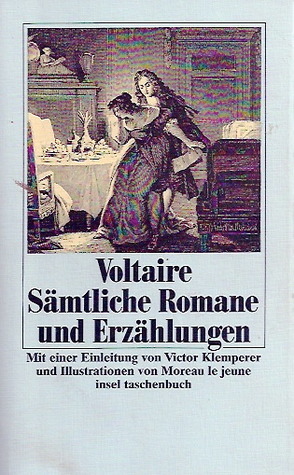
Voltaire
Sämtliche Romane und Erzählungen
2026

Tous végétariens !
D'Ovide à Ginsberg, petit précis de la littérature végétarienne
2019

The Works Of Voltaire
A Philosophical Dictionary
1764

Memnon, or Human Wisdom
1749

Zadig suivi de Micromégas
1752

Candide and Related Texts
2000

Collected Works of Voltaire
1783

Histórias Sobre Ética
2000

Zadig and L'Ingénu
1767

Zaïre
A Tragedy in Verse in Five Acts
1732

Candide; or, The Optimist
1983

L'Ingénu
1767
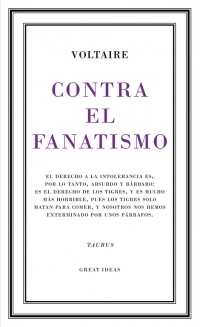
Contra el fanatismo religioso
1763

The Elements of Newton's Philosophy
1738

Le Monde comme il va et autres contes Extraits de Zadig et autres contes
2006

IOO Classic Books IV
Don Quixote, Les Miserables, The Scarlet Letter, The Picture of Dorian Gray, Treasure Island, The Jungle Book, A Midsummer Night's ... Dead Souls
2019

Voltaire
Political Writings
1994
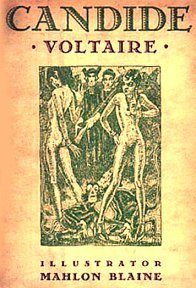
Candide in English & French – 1918 Boni & Liveright Translation
2024

Candide ve Micromegas
1979

Alzire
1736

Candide, Zadig and Selected Stories
1961

Alphabet of Wit
1945

50 Great Love Letters You Have To Read
2018

Oedipe
1718

Great Ideas Miracles and Idolatry
1764

Letters on England
1733

History of the Travels of Scarmentado
2010

Candido - Zadig - L'ingenuo
1977

The Works Of Voltaire
Romances
1933

Voltaire
Candide
1995
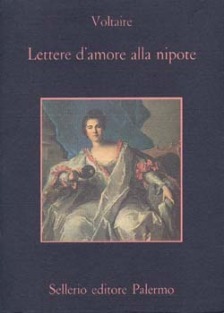
Lettere d'amore alla nipote
1993

Candide and The Maid of Orleans
2004

A Letter Concerning Toleration
1763

The Orphan of China
2005
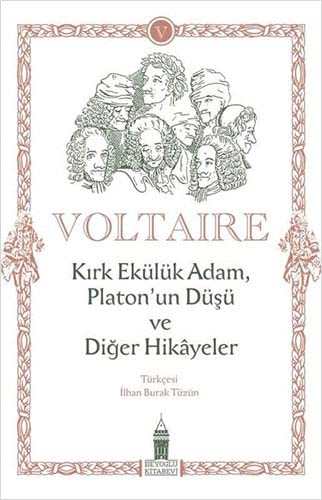
Kirk Ekülük Adam, Platon'un Düsü ve Diger Hikayeler
2021

Candide and Zadig
1767

Zadig et autres contes
1747
Gli ebrei mangiavano carne umana? E come la preparavano?
2026

Micromégas - L'Ingénu
1980

Le Fanatisme Ou Mahomet Le Prophète
1741
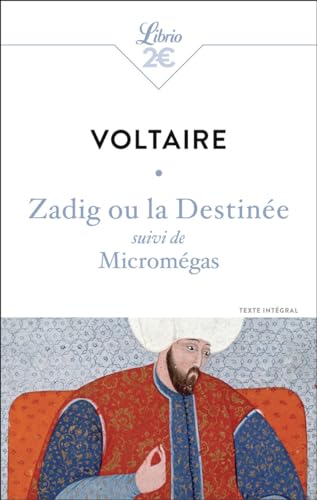
Zadig ou la Destinée
suivi de Micromégas
2024
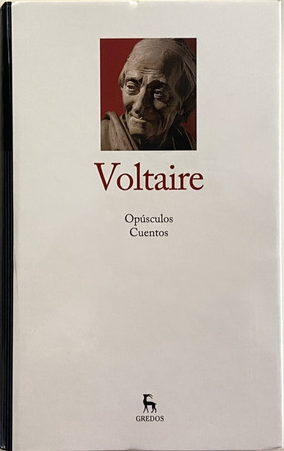
Voltaire
1934
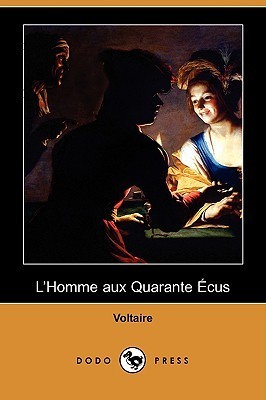
El hombre de los cuarenta escudos
1768

Selected Writings
1948

قصص و حكايات
2026

Candide and Other Stories
1759

La Henriade
1723
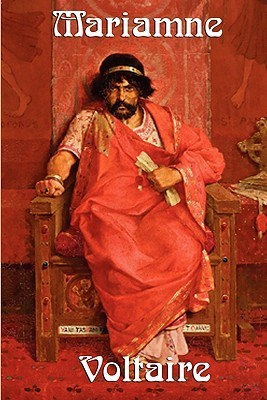
Mariamne
2011

Jeannot et Colin. Le Monde comme il va
1748

Zadig
1747

The Princess of Babylon
1768

De l'horrible danger de la lecture
1765

The White Bull
1773

Le Blanc et le Noir
2009

O Ateu e o Sábio
1776

Candido, o el Optimismo; El Ingenuo; Zadig, o el Destino; Micromegas
1973
An essay on universal history, the manners, and spirit of nations
1753

La Pucelle; Or, the Maid of Orléans
1914
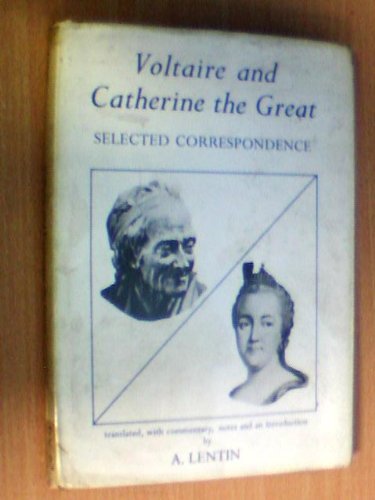
Voltaire and Catherine the Great
Selected Correspondence
1974

The Age of Louis XIV
1751

Micromégas and Other Short Fictions
1752

Jeannot et Colin
1764

The Lisbon Earthquake, and Other Poems
1756

Candide and Philosophical Letters
2000
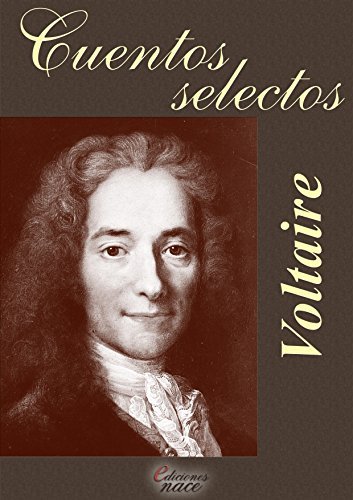
Cuentos selectos de Voltaire (Con notas)
2014

Spells of Enchantment
The Wondrous Fairy Tales of Western Culture
1991
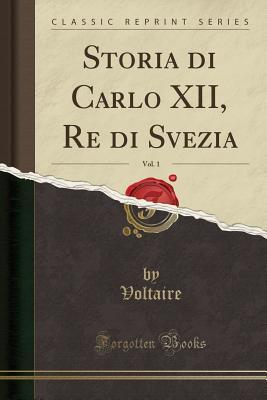
Storia di Carlo XII, Re di Svezia, Vol. 1 (Classic Reprint)
2009

Socrates
1759

Voltaire in His Letters
Being a Selection from His Correspondence
1971

The Tale of the Bamboo Cutter and Other Fantastic Stories
2012
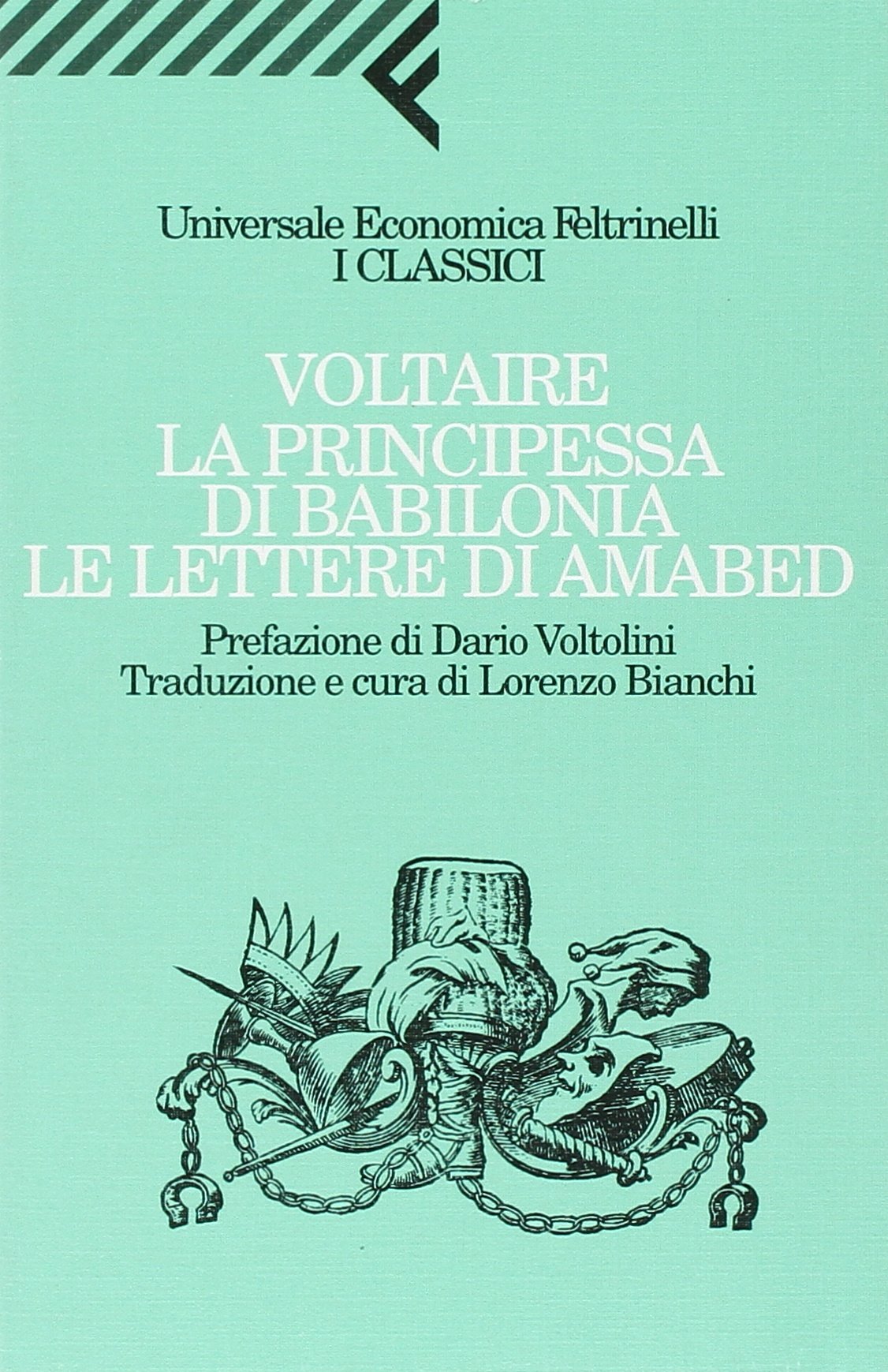
La principessa di Babilonia. Le lettere di Amabed
2000

Жамаараа яваа ертөнц
2005


